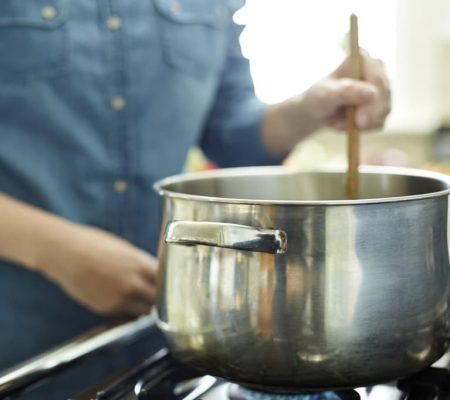Homemade Baby Formula is Not a Safe Feeding Choice
Making homemade food for your baby, whether it’s yummy mashed bananas or sweet potatoes, is a nutritious thing to do. Some parents therefore believe they’re making an equally nutritious selection by making homemade baby formula. Despite their best intentions, however, parents who make homemade formula are making a decision that, according to the FDA, can lead to very serious health consequences for their infants.
There is no evidence that homemade baby formula recipes, many of which come from internet sources, have been properly tested for safety or infant nutrition. What’s more, many homemade formula recipes use raw, unpasteurized cow, goat, or sheep milk, which can lead to bacterial infections, especially in infants. Plus, raw milk is illegal in some states.
Doctors have spoken out strongly about the potential dangers of homemade formula. In fact, a book on Paleo eating was recently recalled because it contained a homemade formula recipe considered to be unsafe.
The good news: If you are a parent who chooses to supplement your breast milk or, due to circumstances, can’t breastfeed, know there are healthy and safe alternatives you can rely on. Infant formula is not only formulated to be as close in nutrition to real breast milk as possible, but it is also the most regulated product in the U.S., meeting very strict health and safety standards set by the FDA, as well as regulatory agencies in other countries. Plus, there are a wide variety of great formulas you can choose from.
If you plan to feed your baby infant formula, your safest option is commercially prepared formula. There will plenty of time for homemade food when you’re ready for pureed peas and carrots.





